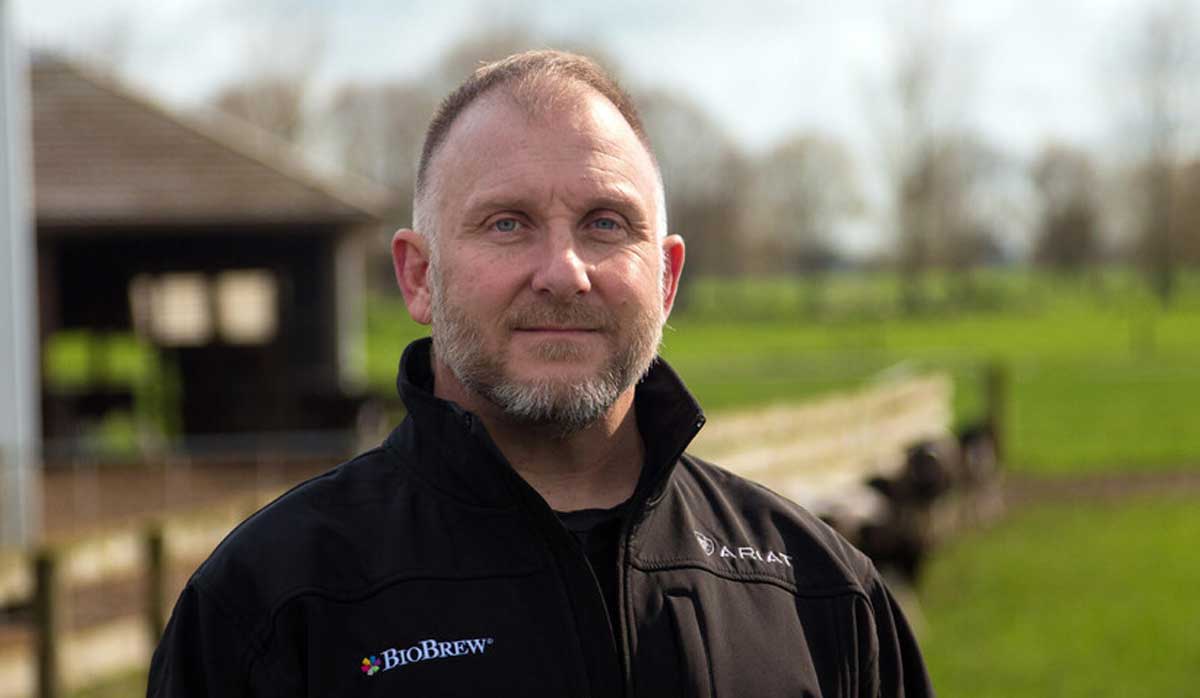NZ Catchment Groups Thrive with ‘Source to Sea’ Approach
The most successful catchment groups in NZ are those that have 'a source to sea' approach.
A product that could reduce the need for anthelmintics during lamb weaning has received government funding for a trial.
Probiotics company BioBrew Ltd will trial one of its flagship products during lamb weaning to see whether it reduces the need for anthelmintics.
BioBrew has received $24,000 through the Ministry for Primary Industries’ (MPI) Sustainable Food and Fibre Futures programme to investigate the effectiveness of using CalfBrew in treating lambs with digestive disorders.
The product will be incorporated with low doses of anthelmintic for stimulating natural immunity to gastrointestinal parasites. Results will be measured through industry standards such as weight, mortality, faecal egg counts and immunological markers.
Andre Prassinos, managing director of BioBrew Ltd, hopes the study will prove as successful as a previous trial of calves in the Clutha District in 2013. This demonstrated a positive effect on animal growth rates in calves treated with a BioBrew probiotic supplement. It also resulted in a 14-to-1 return on investment in milk production and lower mortality in the herd.
“There’s a significant body of research that demonstrates the effectiveness of probiotics, but they must be fresh and active,” said Prassinos.
“We have spent 10 years in the lab developing fresh, living probiotics tailored to the digestive needs of various animal groups. Whereas the traditional freeze-dried microbial cultures pass through at least a part of the gut before they can begin to produce a probiotic effect, our live, active microbes come in liquid form that keeps the bacteria alive, ensuring 100% effectiveness.”
 |
|---|
|
Managing director of BioBrew, Andre Prassinos. |
The microbes in BioBrew products are selected to survive the rigours of the digestive system, including stomach acids and bile salts.
BioBrew has developed a novel method of manufacturing its probiotics in bulk.
“We hope the positive outcomes of our trial with lambs will inspire farmers to reduce their dependence on anthelmintics and other synthetic inputs, to which animals are starting to develop a resistance,” Prassinos said.
Steve Penno, director investment programmes at MPI, says safeguarding animal health and welfare is a top priority for MPI.
“Probiotics has the potential to be a safe and effective option for farmers in the care of their animals. We are pleased to be able to support this project, which will provide more information for farmers who are considering probiotics for animal health.”
About SFF futures
MPI’s Sustainable Farming Fund and Primary Growth Partnership have now been replaced by Sustainable Food & Fibre Futures (SFF Futures). SFF Futures supports problem-solving and innovation by co-investing in initiatives that make a positive and lasting difference to New Zealand’s food and fibre sectors. More: www.sff-futures.mpi.govt.nz
Voting has started for the renewal of DairyNZ's milksolids levy.
The most successful catchment groups in NZ are those that have 'a source to sea' approach.
Associate Agriculture Minister and Manawatu dairy farmer Andrew Hoggard says the free trade agreement (FTA) negotiated with India is not a bad deal and his party, Act, will support it when it goes before Parliament.
Newly released data from Environment Canterbury (ECan) Farm Environment Plan (FEP) audits are showing a dramatic lift in environmental performance across the region.
A solid recovery of global dairy prices this year makes a $9.50/kgMS milk price almost a shoo-in for this season.
As New Zealand marks the United Nations’ International Year of the Woman Farmer 2026 (IYWF 2026), industry leaders are challenging the misconception that women only support farming.